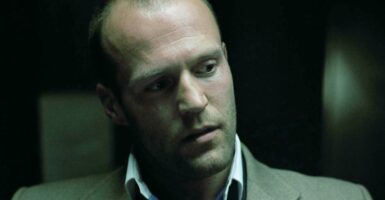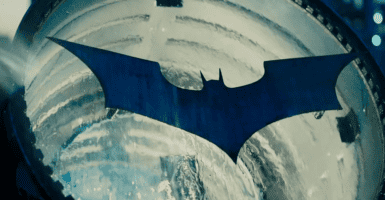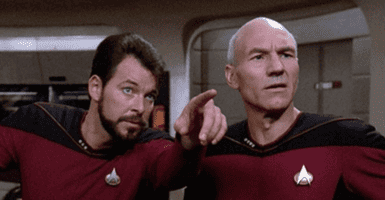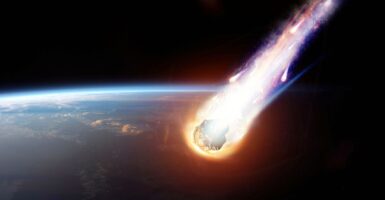The Thunderbolts Movie Shouldn’t Be Marvel’s Suicide Squad
Don't mess it up, Marvel!
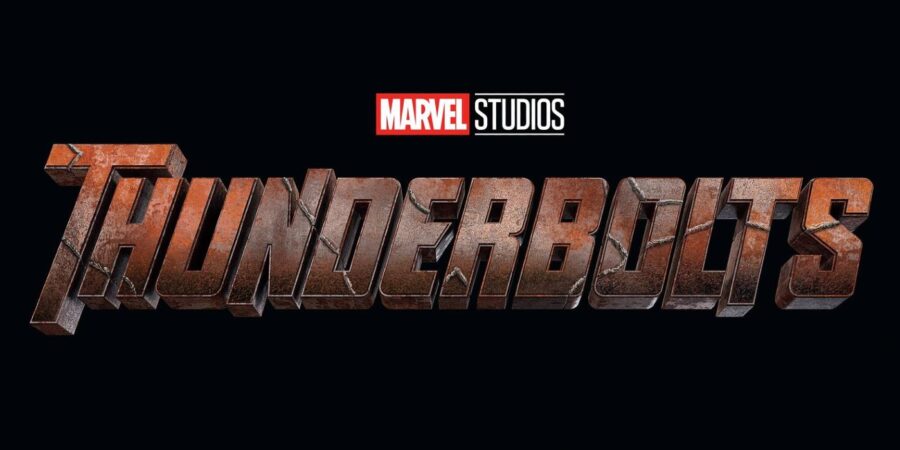
A Thunderbolts movie set in the Marvel Cinematic Universe has been rumored for years, and now we finally have the official word that the film is on the way. At this year’s San Diego Comic-Con, Marvel announced Thunderbolts is currently set to release toward the end of “The Multiverse Saga,” in July 2024. The team is often referred to as Marvel’s answer to DC’s Suicide Squad, which is sometimes true and sometimes not depending on which version of the team you’re talking about.
Few superhero teams in the history of comics have as diverse a collection of iterations as the Thunderbolts. The team has, yes, been something like Marvel’s Suicide Squad in that they were supervillains who agreed to work for the government. It’s also been a supervillain fight club, a selection of more violent superheroes, and in one case was actually just some guys brought together to try to kill the Punisher. For a whole bunch of reasons, we think Marvel Studios needs to turn the clock all the way back to avoid the Thunderbolts movie just being a pale reflection of The Suicide Squad.
Thunderbolts Shouldn’t Be A Collection Of Leashed Villains
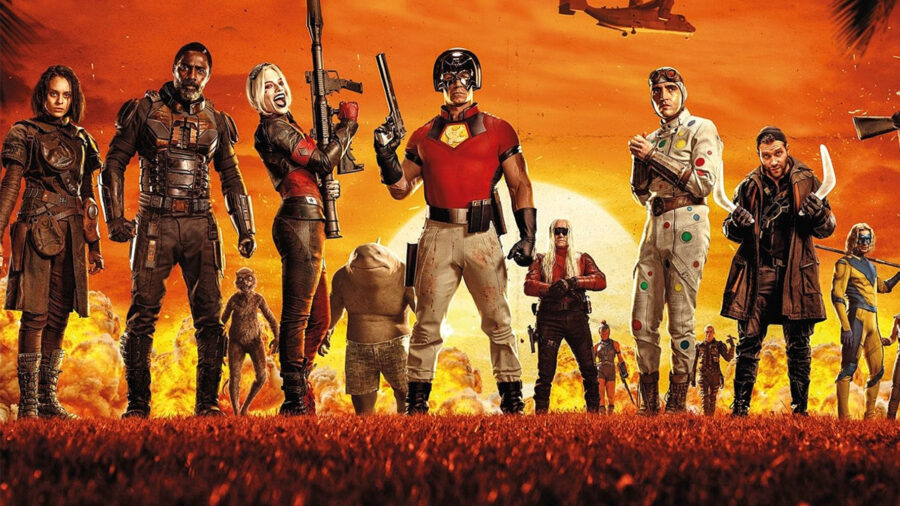
Why shouldn’t the Thunderbolts movie be Marvel’s The Suicide Squad? Because The Suicide Squad already exists, and Marvel isn’t going to beat it at its own game. If Thunderbolts winds up being a bunch of villains either forced into, or enticed into, government service the similarities will be glaring and unavoidable. Not to mention that unless Marvel Studios effects drastic changes to the types of movies it makes–not counting the supposedly upcoming Deadpool 3, which is a unique situation–its Thunderbolts movie won’t be able to deliver on the kind of obscenity-filled carnage that James Gunn’s 2021 bloodbath gave fans. That kind of flick would have no teeth. It would be like Pixar trying to make a better version of Saw. Stay in your lane, dude.
Thunderbolts Shouldn’t Be A Collection Of “Badass” Heroes
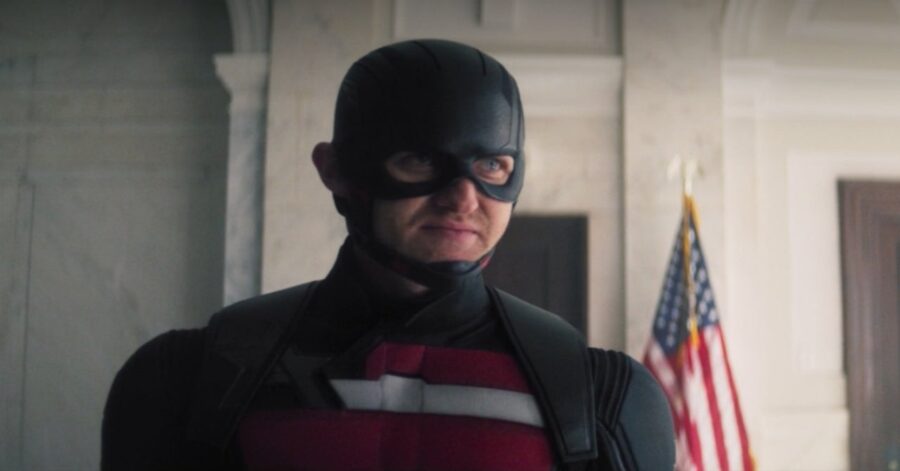
One of the more likely outcomes of the Thunderbolts movie could be that rather than the leashed supervillain model of The Suicide Squad, what we’ll be getting a mixture of the more “badass” heroes that have been introduced over the past couple of years with a couple of semi-reformed villains. US Agent (Wyatt Russell) from The Falcon and the Winter Soldier, Yelena Belova (Florence Pugh) from Black Widow and Hawkeye, and maybe Zemo (Daniel Brühl), Taskmaster (Olga Kurylenko); perhaps even another Tim Roth return as Abomination. This could be precisely why Julia Louis-Dreyfus has been making the rounds Nick Fury-style as Valentina Allegra de Fontaine.
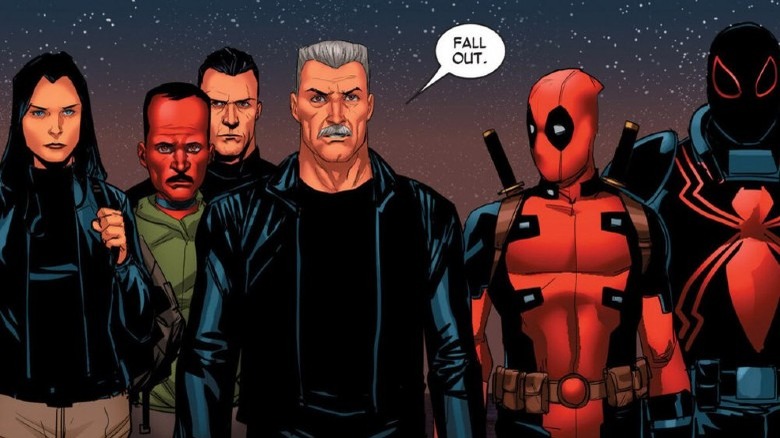
In fact, this is something like one popular version of the Thunderbolts that existed in the comics. In 2012 a new volume of the comic was launched with Thaddeus Ross–who, at the time, had the powers of the Red Hulk–recruiting Punisher, Deadpool, Elektra, and Agent Venom into a new version of the Thunderbolts tasked with going after villains with the goal of ending them utterly. They’d later be joined by Ghost Rider.
What’s wrong with this kind of Thunderbolts movie? The only difference between this kind of team and the Avengers, is that this version of Thunderbolts kills… but so do the Avengers in the MCU. They kill a lot. Like, a lot. In the 5 years after Avengers: Infinity War, Jeremy Renner’s Clint Barton becomes a literal mass murderer. Before her entrance into the Avengers, Black Widow (Scarlett Johansson) was a professional assassin. The Hulk (Mark Ruffalo) has killed more bad guys and innocent civilians than we know.
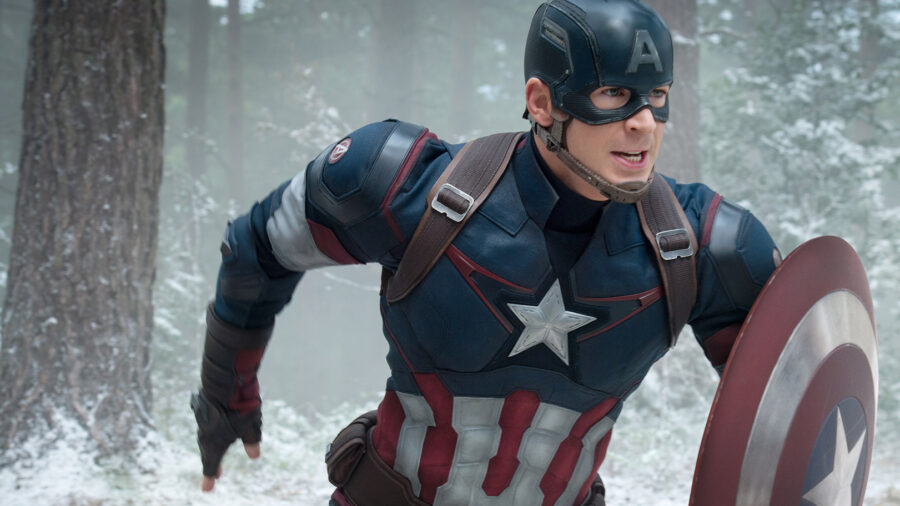
Even Captain America (Chris Evans). The unimpeachable beacon of heroism, Captain America. In Avengers we watch him kick men off S.H.I.E.L.D.’s helicarrier and into the sky. In Captain America: The Winter Soldier he kicks Batroc‘s men into the ocean, and of course participates in a plan that sees who knows how many people killed when the Triskelion is destroyed. Hell, in Age of Ultron he knocks out a prisoner without warning or provocation.
None of which, by the way, is meant to argue that Captain America wasn’t justified to do anything that he did–that’s not the point. The point is that in a world where an emotional breakdown justifies Clint Barton murdering criminals and where Captain America chops off aliens’ arms, the only difference between the Avengers and the “badass” heroes of a Thunderbolts movie is branding.
The Thunderbolts Should Go Back To The Beginning
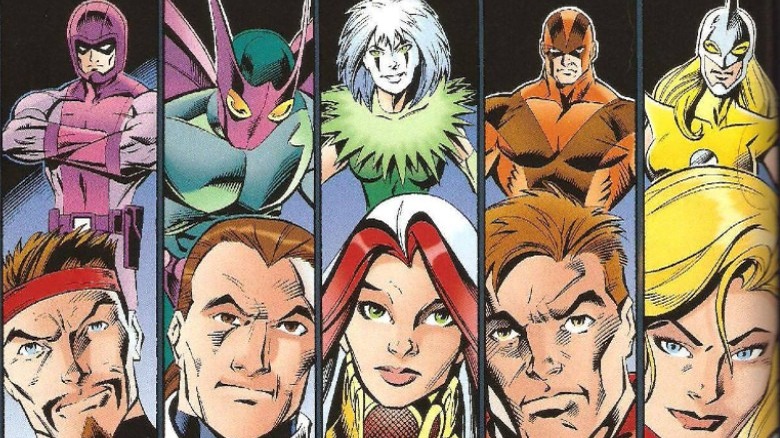
The original iteration of the Thunderbolts would make for an incredible movie. Because of the events of the 1996 line-wide event “Onslaught,” the world believed the Fantastic Four and the Avengers were all dead. Into the void stepped a group of never before seen heroes called the Thunderbolts. After a few public battles the team won the public’s trust, and 1997’s Thunderbolts #1 led to what survives as one of the most brilliant and effective surprise reveals in the history of comics. On the final page of the first issue, we learn that the Thunderbolts aren’t new heroes. In fact, they aren’t new, nor are they heroes. They’re all members of the Avengers’ worst enemies, the Masters of Evil, who have given themselves new identities to fool the world into trusting them.
In the prologue to his 1961 novel Mother Night, Kurt Vonnegut writes, “We are what we pretend to be, so we must be careful about what we pretend to be.” It’s a lesson most of the Thunderbolts learn. They start off pretending to be heroes, and in pretending, most of them learn they want to continue being heroes. Ultimately most of the team rebels against their leader Baron Zemo who hides behind the persona Citizen V.
We’re not arguing this is precisely what the Thunderbolts movie should be, but it should do what Kurt Busiek and Mark Bagley did in 1997–it should surprise us. Don’t just give us villains or heroes who have more guns than usual. Surprise us in the best of ways, and that will live up to the promise of the source material.

